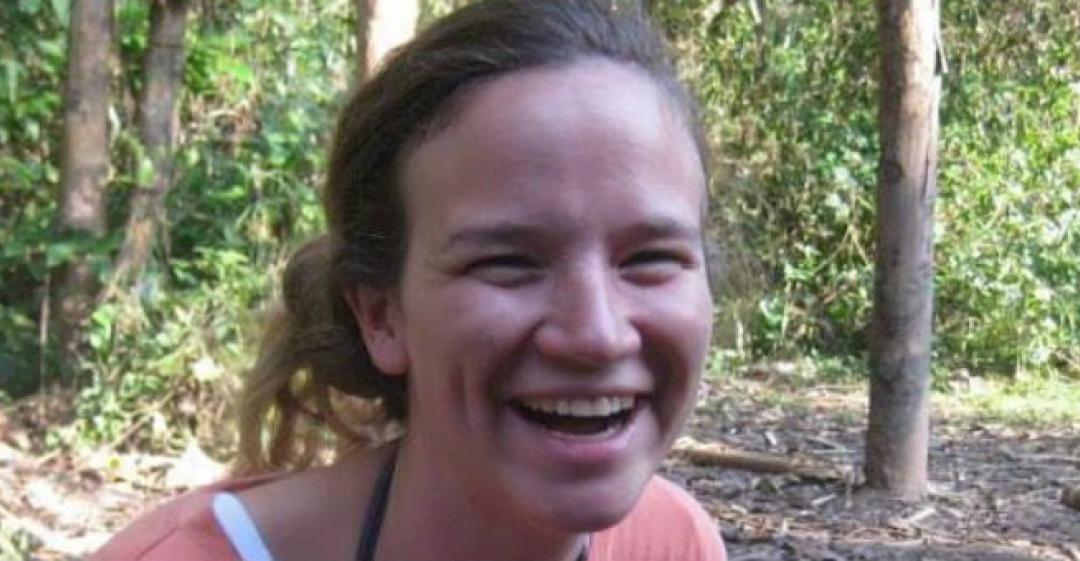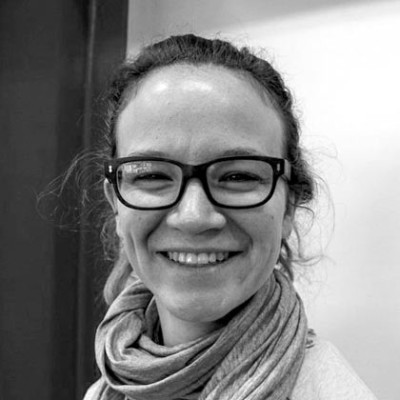“I learnt that sometimes it's OK to leave things behind and admit defeat.”

What work were you doing previously?
I worked on the fringes of the advertising industry in London.
I worked at D&AD, as an event manager and later as a member of the partnership team working to secure high-profile brands to support the D&AD Student Awards.
Following my time at D&AD, I joined the editorial team at Contagious Magazine. It's an award-winning B2B magazine and consultancy that monitors what's going on in the world of advertising, marketing, start-ups and technology; it then advises advertising agencies and brands as to how to take advantage of the developments in those spaces.
Both jobs were amazing opportunities that taught me a range of amazing skills, including becoming a good researcher, negotiating sales, honing my strategic brain, writing and publishing articles, on top of working with brands like Louis Vuitton, Diesel, Google, Mondelēz, McDonald’s, Nike, and many more.
Alongside my day job I'd volunteered for The Do Lectures, a storytelling event in the fields of remote West Wales, and Good For Nothing, a social enterprise hack weekend and crew of generally awesome humans who use their skills to help others for free.
What are you doing now?
Now I'm working for Lifehack, a government-funded initiative in New Zealand created in response to the country's challenging mental health statistics.
Currently, one in five young people in New Zealand will have had struggles with their mental health by the time they're 18. Lifehack is on a mission to enable a generation of flourishing young Kiwis, through designing programmes and initiatives that allow young people to co-design solutions for their peers. This could be in the form of programmes, services or apps.
In addition, I'm working for Enspiral (the social enterprise and entrepreneurship network that Lifehack is based within) as one of the three co-catalysts. In a six-month long experiment we're working out what 'servant leadership' means in a non-hierarchical network, and are establishing our ways of working as a so-called 'social lab'.
Why did you change?
It got to a point where I felt that living in London I'd have to for evermore give up a work-life balance, earn not very much money, and do work that was good for the world in my limited spare time.
Moving halfway across the world enabled me turn my passion into my day job – helping more awesome things to come into the world.
When was the moment you decided to make the change?
After a particularly hard period at work, I felt very confused, and was struggling with anxiety induced by the high-pressure life of mid-recession London.
I had a very honest and hard conversation with my partner, who's from New Zealand, and decided that the time to leave London had come.
Are you happy with the change?
I couldn't be happier with the change.
Having landed right in the middle of Enspiral, I'm now surrounded by amazing people who work on projects and ventures with a positive social impact. Whether it's well-being, like Lifehack, or collaborative decision-making, open democracy, or peer-to-peer learning – it's all around me.
What do you miss and what don't you miss?
I miss my friends and family in Europe terribly.
I have to make do with Skype in the absence of real-life hangouts with loved ones. But the quality of life that I've gained is incredible.
I don't miss the fast-paced and constant busyness that London lures you to create. Nor do I miss the (at least) hour-long journeys to anywhere.
I do miss not being in Europe, where you feel so 'at the centre' of many things – culture, politics, etc.
How did you go about making the shift?
Ahead of leaving London, a couple of my mentors, Tom Farrand and Dan Burgess, put me in touch with the Wellington chapter of Good For Nothing. The person behind that turned out to be my future colleague, Sam from Lifehack (not that I knew it at the time).
After finishing my job in mid-October, I spent a bit of time travelling around the UK, seeing friends, and going back to Berlin for family farewells. I then spent five weeks travelling around Vietnam, Laos and Cambodia before getting to New Zealand.
Only after deciding to stay put in Wellington did I start looking for work. Luckily, I only had to apply for one job – the one with Lifehack. I had a good feeling about it, even after seeing just the job description, and everything worked out well. I went from applying to starting the job in just five days.
Changing certain external factors, like where I lived, made a massive difference. Being in a new place was an opportunity to re-orientate myself, in terms of who I was, and what I wanted to do.
How did you handle your finances to make your change possible?
Luckily, I was able to save some money from the jobs that I'd had. Finding work quickly in Wellington also helped.
What help did you get? 
When I was still in London I started a CBT (Cognitive Behavioural Therapy) course, which taught me to replace negative thoughts with positive ones.
I also leaned on my friends and partner a lot for emotional and social support.
What have you learnt in the process?
I learnt that sometimes it's ok to leave things behind and admit defeat.
Rather than battling your way through the hardest times, it's ok to change external factors, and make life easier.
What do you wish you'd done differently?
I think I learnt what I needed to learn through the exact way in which everything occurred – the people I met, the jobs I had, the skills I gained, the friends I made, and the mentors who advised me.
Some lessons in life can't be rushed, but when the time comes to act it often needs to happen fast.
What would you advise others to do in the same situation?
If you think you might be struggling with your mental health, go to see your doctor.
What resources would you recommend to others?
Find the things that give you pleasure and encourage you to reflect – yoga, meditation, walks, surfing, writing, solo time in cafes, whatever works for you.
What lessons could you take from Gina's story to use in your own career change? Let us know in the comments below.



